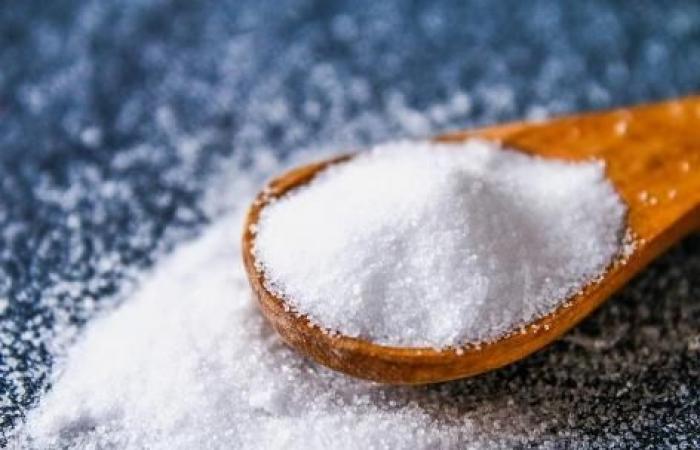Iodine is essential for the synthesis of thyroid hormones as well as for the brain development of the fetus. For this trace element to play its role properly, it is recommended to consume 50 µg per day before one year, 90 µg between one and six years, 120 µg between seven and twelve years, and 150 µg in adolescents and adults. Pregnant or breastfeeding women need a higher intake with 200 µg of iodine per day.
Generally, a varied and balanced diet is more than enough to cover these needs. However, the craze in Europe for plant-based milks and vegan foods – which replace animal milk, dairy products and fish, the main sources of iodine – worries the WHO. The organization fears that this change in diet exposes Europeans to a greater risk of deficiency.
Decline in milk consumption: increased risk of iodine deficiency in Europe
In a report published on June 28, the WHO and the Global Iodine Network note that consumption of animal-based dairy products is declining among adolescents and adults in Europe, while consumption of plant-based substitutes is increasing.
“The shift towards plant-based dairy consumption, particularly among women, who are already at higher risk of iodine deficiency and thyroid disease than men, is of concern for their iodine intake, especially in countries that rely on milk as a source of iodine, as most plant-based alternatives do not contain iodine,” explains Dr Hans Henri P. Kluge, WHO Regional Director for Europe. “This report has been essential in highlighting a problem that continues to exist or reappears in the countries of the Region.”
Experts say salt iodization is the best way to ensure adequate iodine intake in countries with low consumption of iodized foods. Which leads WHO to point out another problem: foods not prepared at home – such as bread, processed meats or ready meals – are now the main sources of salt in the Western diet (70 to 80% of total intake). However, iodized salt is rarely included in their composition.
“Market research recently revealed that only 9% of salt in processed food products in Germany and 34% in Switzerland was iodized. In 24 countries where iodization is optional or non-existent, everyday foods are often produced with non-iodized salt.”explain the authors of the report in a press release.
Iodine deficiency: salt and vegetable milks should be iodized
Because of the essential role of iodine in the production of thyroid hormones, a deficiency in this trace element can lead to an increase in the volume of the thyroid with the appearance of a goiter. Severe forms result in hypothyroidism. To reduce these risks, WHO/Europe and the Global Iodine Network call for the fortification of salt and plant-based dairy products with iodine.
“Countries need more flexible policy strategies to protect populations from iodine deficiency, including mandatory policies for the use of iodized table salt in processed foods and the integration of salt reduction and salt iodization measures.”confirms Dr Gauden Galea, Strategic Advisor to the Regional Director at WHO/Europe, Special Initiative on Noncommunicable Diseases and Innovation. “Given the changing food context, it is also necessary to ensure the appropriate iodine fortification of milk and dairy substitute products.”






